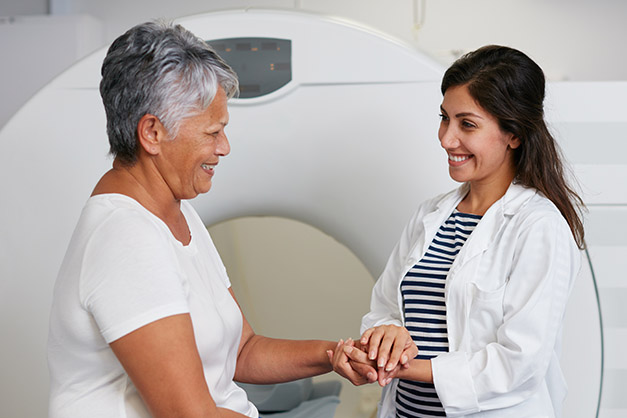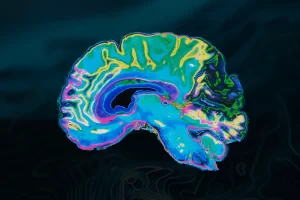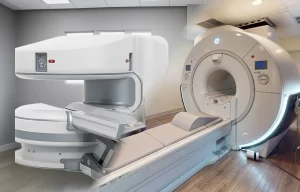As medical technology improves, full-body MRI scans are becoming a valuable tool for preventive healthcare, especially for older adults with higher health risks. These scans can detect potential health problems before they become serious, without using harmful radiation.
For seniors who often deal with multiple health issues at once, full-body MRI scans offer clear advantages. The technology can examine many body systems in one session, creating detailed pictures of organs, bones, tissues, and blood vessels throughout the body. This approach helps identify age-related conditions early.
What Full-Body MRIs Can Detect
The scans are good at finding several conditions common in older adults, including:
Early signs of cancer in different organs
Bone and joint issues that might indicate osteoporosis or arthritis
Brain changes that could signal neurological conditions
Muscle and tissue problems that might affect movement
A major benefit for older adults is that MRI technology doesn’t use radiation, making it safer for regular check-ups compared to CT scans or X-rays. This is important for seniors who may need frequent imaging to monitor ongoing health conditions.
The Correlation Between Aging and Increased Cancer Risk
Cancer risk increases significantly with age due to a combination of genetic mutations accumulated over time, prolonged exposure to environmental carcinogens, and a weakening immune system.
According to the National Cancer Institute, nearly 60% of new cancer cases and about 70% of cancer-related deaths occur in individuals aged 65 and older. Cancer incidence rates increase steadily with age, rising from fewer than 25 cases per 100,000 people in individuals under 20, to about 350 per 100,000 among those aged 45–49, and exceeding 1,000 per 100,000 in those 60 years and older.
The body’s ability to repair damaged DNA declines with age, making older adults more susceptible to uncontrolled cell growth. Additionally, chronic inflammation, often present in conditions like arthritis or cardiovascular disease, can create an environment that encourages tumor development. Given these factors, early detection through tools like full-body MRI scans can be particularly beneficial for seniors, helping to identify cancers at a stage where treatment is more effective and less invasive.
Benefits for Senior Health
These comprehensive scans help with preventive care. While regular doctor visits often focus on specific symptoms, a full-body scan gives a complete picture of a person’s health. This approach helps older adults who want to stay independent through early detection and treatment of potential health issues.
Although insurance doesn’t currently cover these scans, many seniors see them as an investment in their health. According to the National Cancer Institute, about two-thirds of all cancer diagnoses happen in people 65 and older. The National Council on Aging reports that about 80% of seniors have at least one chronic health condition, with 68% managing two or more. These statistics show why comprehensive health screening tools are valuable for seniors.
Looking Ahead
The technology keeps improving, with ongoing research studying the long-term benefits of preventive MRI screening. Results expected in coming years will help determine the role of full-body MRI scans in senior healthcare.
If you’re an older adult considering this technology, talk with your doctor about how these scans might fit into your overall health plan. As our population ages, tools that can detect health issues early become increasingly important for maintaining quality of life and independence.




